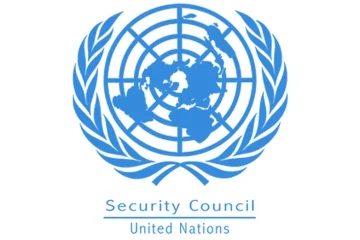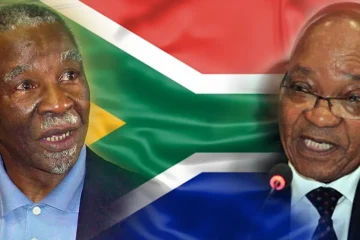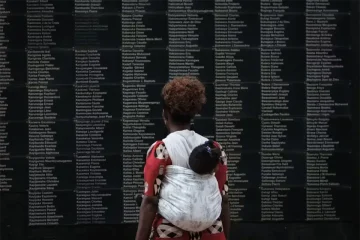JOVIAL RANTAO
HIDDEN behind the public war between the South African government and taxi bosses is the silent war that the state is waging to gain control of the multi billion rand industry.
Government has for years failed to force the taxi owners to formalise the business and contribute, like all other businesses to the national tax base.
So the onset of COVID-19 has presented the government with a golden opportunity to try and force the owners of over a million taxis around South Africa, to formalise.
When the national lockdown was started on March 26, taxis and other forms of public transport were banned from operating, leading to losses that ran into millions of rands for the industry. The ban caused considerable economic hardships for the taxi owners and their employees, the taxi drivers. The pain of not earning an income was felt right through the economy.
The South African government responded to the desperation caused by the lack of economic activity with a R500-billion relief package for businesses and individuals. Tucked inside the package was a R1.5-million grant which the government offered to the taxi industry to ameliorate their suffering.
However, the government insisted that the grant to taxi owners will be paid through the South African Revenue Services. And therein lay the trick. The SARS will only pay to businesses that are properly registered, in terms of the South Africans laws and registered to pay tax. The offer to the taxi industry is a strategy to get them to formalise, through the proverbial back door.
It was a good move for the government. A great throughpass for the tax base and, more than anything else, the right thing to do.
However, the taxi bosses, shrewd as they would be to survive in the lucrative cut throat business, have seen it for what it is. Their response has been to resort to old tactics of embarking on a strike, which includes employing illegal tactics such as blocking of main roads across the cities. This strategy is hugely disrupting, forcing the thousands of who depend on this form of public transport to miss work and school. The blocking of roads irritates many motorists but in the main disrupts economic activity.
When the lockdown restrictions were eased, moving South Africa from level 5 to 4 and to the current level 3, taxis were allowed to operate under strict conditions. They had to sanitize their cars, wear masks and more importantly only load 70% percent of their normal load. This move, while welcomed because it provided much needed economic activity, loading few customers meant a lower income for the taxi bosses.
The difference is supposed to be made up by the R1.5-million that the government has offered. The taxi bosses rejected the government’s offer and demanded that the government pays them R20 000 for each taxi, adding up to R8.2billion.
Throughout the verbal war, the government has always pointed out that the grant to the taxi industry was a favour. The grants contained in the R500-billion was for businesses properly registered in SA. The unwritten word was that the taxi industry is undeserving and should be grateful for the grant in aid. And of course, the hidden motive was in forcing them to get paid through the SARS.
This has led to gigantic stalemate. The taxi bosses have now openly defied the government, undertaking to violate the special laws and regulations that govern the national lockdown period. In terms of the taxi bosses’ threat, they will now ignore the 70% load rule by the government and load to the full capacity of their vehicles – 100%!
The defiance means the taxis will brazenly violate COVID-19 regulations for loading and cross border travel.
The minibus taxi industry was born during the apartheid years because the goverment of the day did not cater for the public needs of black people. The National Party government was quite happy to leave them in the informal sector. The industry grew in leaps and bounds and is now worth billions.
So for the past 26 years of the new dispensation, the taxi industry continued to operate outside the South African laws. Government has battled, for over 25 years, to control this sector, as well as control all others in the business sector.
Will the golden opportunity offered by the COVID-19 pandemic be that moment?
I doubt it.














